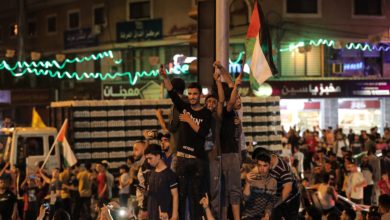One of the most important and controversial court cases in Turkey started on Dec. 9 in Ankara, Turkey. The case is related to the events that took place last May, during Prime Minister Recep Tayyip Erdogan’s visit to his hometown, Hopa, for an election campaign.
During that visit, the people of Hopa organized a large protest against the cut-throat neoliberal privatization policies of the prime minister’s governing Justice and Development Party (AKP). The police used excessive force to disperse the crowd. Dozens were injured and one protester died on the spot of a heart attack. A large number of protesters were detained.
That same evening, protests were organized in many cities across the country, including Ankara, to denounce the governing AKP and police brutality. During the Ankara protest, as a press statement was about to be read in front of the headquarters of the AKP, the police again intervened, using excessive force against the protesters. One female protester was critically wounded with a broken hip. Fifty-four were detained that evening.
Twenty-eight of those activists, most of whom are university students, are still waiting to be tried. Twenty one of them have been held for months. According to the indictment prepared by the office of the special court prosecutor, the defendants are facing jail terms ranging from 17 to 45 years. The indictment is essentially based on thought crimes such as “opposing the government” and “having a leftist world view.” The so-called “evidence” includes leftist books that were banned in the 1970s and an umbrella, described as a potential weapon.
Organized by various political organizations including the TKP (Turkish Communist Party), students will rally outside the court in Ankara under the slogan “Our future can not be jailed.” Protesters will “say no” to reactionary policies of the governing AKP, stand in solidarity with over 500 university students who are currently in jail due to their political beliefs, and demand their immediate release.





